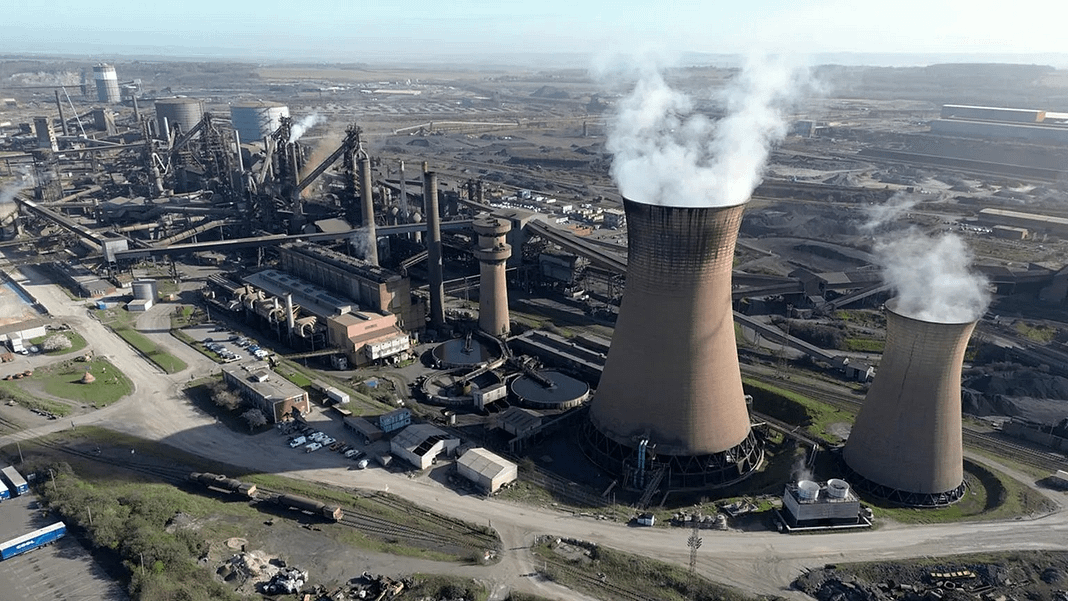Introduction
Britain’s steel industry is on the brink. The UK government is now seriously considering nationalizing British Steel—owned by China’s Jingye Group—to prevent the collapse of its last major steelmaker. With 3,500 jobs at risk, this is more than an economic crisis—it’s a political and strategic battleground.
Having covered global steel trade wars for years, I see this as a defining moment for post-Brexit Britain.
Why Nationalization Is on the Table
- Imminent Collapse: The Scunthorpe plant, a key employer in northern England, could shut permanently without state intervention.
- Failed Bailout: Jingye Group, which bought British Steel in 2020, rejected a £500M government aid package.
- Political Pressure: Labour PM Keir Starmer vowed to “do whatever it takes” to save the industry.
My Take: This isn’t just about saving jobs—it’s about reclaiming sovereignty over critical infrastructure.
The Stakes: Jobs, Trade, and Geopolitics
- Employment Crisis:
- Scunthorpe & Teesside rely on British Steel.
- Unions warn of “economic devastation” if the plant closes.
- Global Steel Wars:
- Trump’s 25% tariffs on foreign steel hurt UK exports.
- China’s overproduction floods markets, squeezing profits.
- Political Divide:
- Labour: Favors temporary nationalization.
- Conservatives: Call it a “last resort.”
- Reform UK’s Farage: Demands immediate action .
What Happens Next?
- Short-Term: The UK may seize control under the Industrial Strategy Act.
- Long-Term: Finding a private buyer will be tough amid global steel glut.
- Bigger Picture: This could set a precedent for state intervention in other struggling industries.
Final Thought: Nationalization might save jobs today, but without a real industrial strategy, British steel’s future remains fragile.































